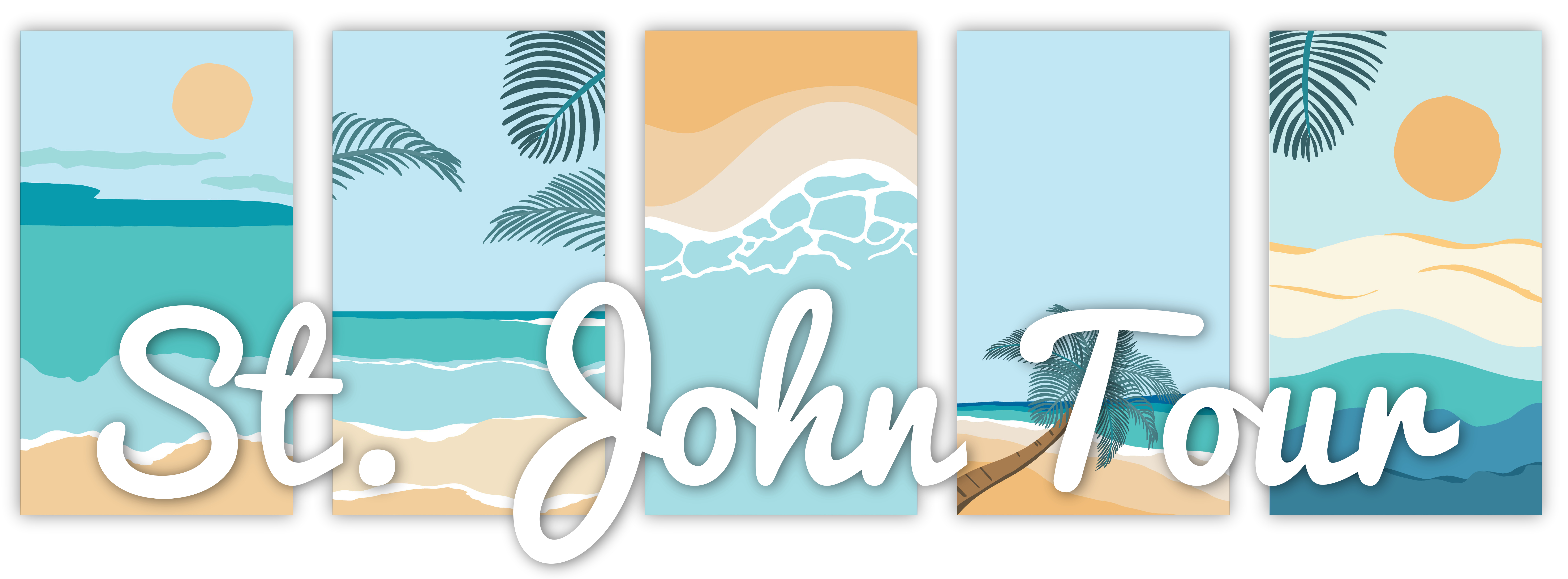What Is it Like to Live on St. John?
St. John is a beautiful place for a vacation, but it's also a place that a few thousand people call home, including plenty of people from the U.S. mainland who have heard the siren song of the island and decided to move here. However, going somewhere on vacation can be different from living there full-time, so it's important to do your research before you start packing.
Living on Island Time
One of the biggest differences in what it's like to live on St. John compared to back home may be the pace of life here. Life on St. John may be a lot quieter and slower than you're used to, especially if you came from a big city. Remember that the biggest reason most people move to St. John is to live a more relaxed lifestyle. Even when you desperately need to get something done quickly, it can be beneficial to learn a lesson in patience.
Some people who have relocated to St. John from the mainland liken it to living in a small town. You'll see a lot of the same faces time and time again, and new people may feel like outsiders. St. John doesn't have skyscrapers, mega-malls, or even a hospital, but it does have smaller stores, clinics, and grocery stores, so you should be able to take care of most of your day-to-day needs without having to take the ferry to St. Thomas.
Is it Always This Warm Here?
Generally, you can expect the same type of weather you experienced on your vacation to last all year. Average temperatures range from the mid-70s to the 80s, and it's usually nice and sunny, too. You won't need to pack a winter wardrobe, but you should be able to bring everything else in your closet; the locals wear similar clothes to what people who live in warmer places on the mainland wear. Think T-shirts, shorts, sundresses, sneakers, and sandals.
That's not to say that you'll never see rain, though. In fact, it rains here just about every day, but it's typically a tropical shower, a quick little bit of rain that's over in a few minutes. You'll see more rain in the fall, as September through November is the rainy season. And you should definitely keep an eye on the forecast during hurricane season.
Economics of Living on St. John
St. John is a small island, so there's a limited amount of housing available, meaning that renting or buying a home will cost more than you might pay on the mainland. Depending on where you look, you may be able to find something relatively affordable if you don't mind living modestly. You could also consider buying a big home and renting out part of it to vacationers to defray the cost.
If you'll need to get a job on St. John, you should know that you'll find the most job opportunities at tourism-related businesses or with the federal government, as these are the biggest employers on the island. The average income is around $40,000 a year, which is less than you'd think considering the high cost of living here. Since everything you purchase, from food to clothes to electronics to furniture, has to be brought to the island by boat, prices can be 15% to 50% higher than they are on the mainland.
No Borders, No Problems
It might feel like you're moving to another country, but St. John is part of the United States, meaning that you won't need a passport or any special documentation to move here. There also aren't any quarantine requirements for pets, so they can travel with you when you come to the island.
